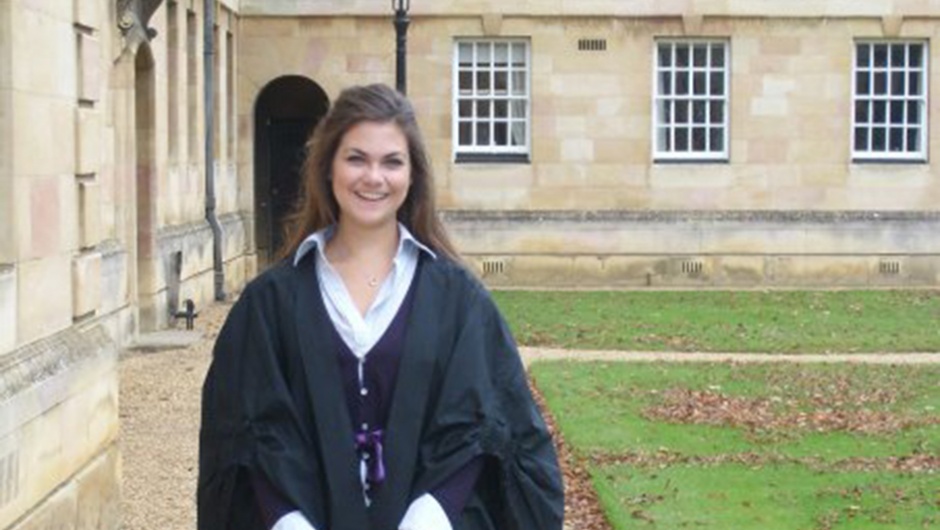
Isabel, Economist at an investment research firm, (Downing, 2007)
Why study Classics?
The best thing about the Cambridge Classics tripos is its breadth and flexibility – you are guaranteed to find something that captivates you, and you may even discover new interests in adjacent fields. I discovered I really enjoyed linguistics, which I never would have expected, and ended up doing a part II paper with the Linguistics faculty. It also provides you with an opportunity to spend three years doing fascinating work (with fascinating people) that you will almost certainly never find time to do otherwise – there is plenty of time to learn accounting once you’re in the real world, but less time to really get to grips with dialect Homer. And all that language work will make learning a new one a case of months rather than years.
Lastly, despite being a degree mostly about sex and violence, Classics has an excellent reputation with employers, even in highly competitive and quantitative fields. Because it exposes you to a range of disciplines, and develops your analytical skills, a Classics degree translates well to the workplace. Experience analysing literature, data, material culture and language means you will be able to see connections that others miss, and express those ideas in stylish prose.